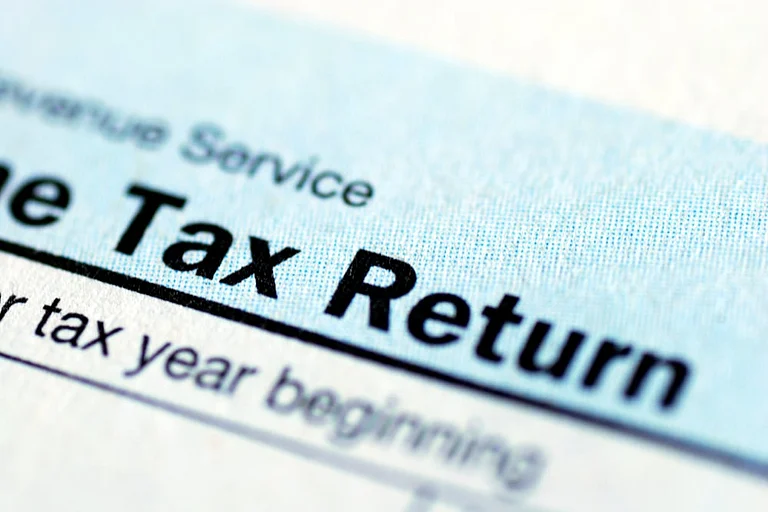By Balwant Jain
Cost Of New House Should Be Equal To LTCG For Claiming Full Benefit Under Section 54
The construction of the house should also be completed within three years and you should also take possession of the house within this period to claim benefit under Section 54 of the Income-tax Act, 1961. A taxpayer can set off short-term capital losses against short-term capital gains in the same year
I made long-term capital gains (LTCG) of Rs 40 lakh on the sale of a residential house. Of this, I will invest Rs 20 lakh in capital gains bonds and use the rest for buying a residential property. The property which I have identified will cost me Rs 50 lakh. If I go ahead and book this house, I will pay Rs 20 lakh as margin money with the balance Rs 30 lakh to be funded through a home loan. Will I be eligible to claim exemption for Rs. 20 lakh paid as margin money?
Answer: In case you have earned an LTCG of Rs 40 lakh and you are planning to buy a residential house costing more than the amount of the LTCG, you need not invest them in a capital gains bond. The tax exemption under Section 54 of the Income-tax Act, 1961 can be claimed against total cost of the new house without any reference to the source of funding of the same.
For claiming full benefit under Section 54 in respect of the under-construction property which you intend to book, you will have to ensure that the cost of the new house property is at least equal to the quantum of the total of LTCG and that the construction of the property gets completed within three years and you get the possession within this period. The amount of capital gains which remain unutilised by the due date of filing the income tax return (ITR) which is generally July 31, has to be deposited in an account under the Capital Gains Account Scheme.
Please note that since the benefit of indexation has been withdrawn for claiming exemption under Section 54, you will have to invest the unindexed capital gains for buying/constructing the property.
During the last financial year 2024-2025, I incurred a short-term loss of Rs 5 lakh on shares. I have sold a flat also in the last year and earned long-term capital gain (LTCG) of Rs 11 lakh (after indexation). Can I adjust the short-term loss incurred on shares against the LTCG made by selling the flat?
Answer: Under the provisions of the Income-tax Act, 1961, a taxpayer can set off short-term capital losses (STCL) first against short-term capital gains (STCG) during the same year. After such set-off, the balance STCL can be set off against LTCG, if any, earned during the same year. The STCL, which cannot be set off during the same year can be carried forward for eight years to be set off against STCG as well as LTCG as explained above.
Please note that the benefit of indexation has been withdrawn in respect of capital assets transferred on or after July 23, 2024 except for computation of tax liability arising to an individual or a Hindu Undivided Family (HUF) in respect of land and/or building acquired prior to July 23, 2024 and sold thereafter. So the LTCG available for set-off would be higher to that extent.
So you are entitled to set off the short term loss of Rs. 5 lakh in respect of shares against the unindexed LTCG arising on sale of a flat. Please note that if you decide not to avail of any exemption in respect of balance LTCG, you have the option to pay tax either at 12.50 per cent on unindexed LTCG or at 20 per cent on indexed LTCG.
The author is a tax and investment expert and can be reached on jainbalwant@gmail.com
(Disclaimer: Views expressed are the author’s own, and Outlook Money does not necessarily subscribe to them. Outlook Money shall not be responsible for any damage caused to any person/organisation directly or indirectly.)

